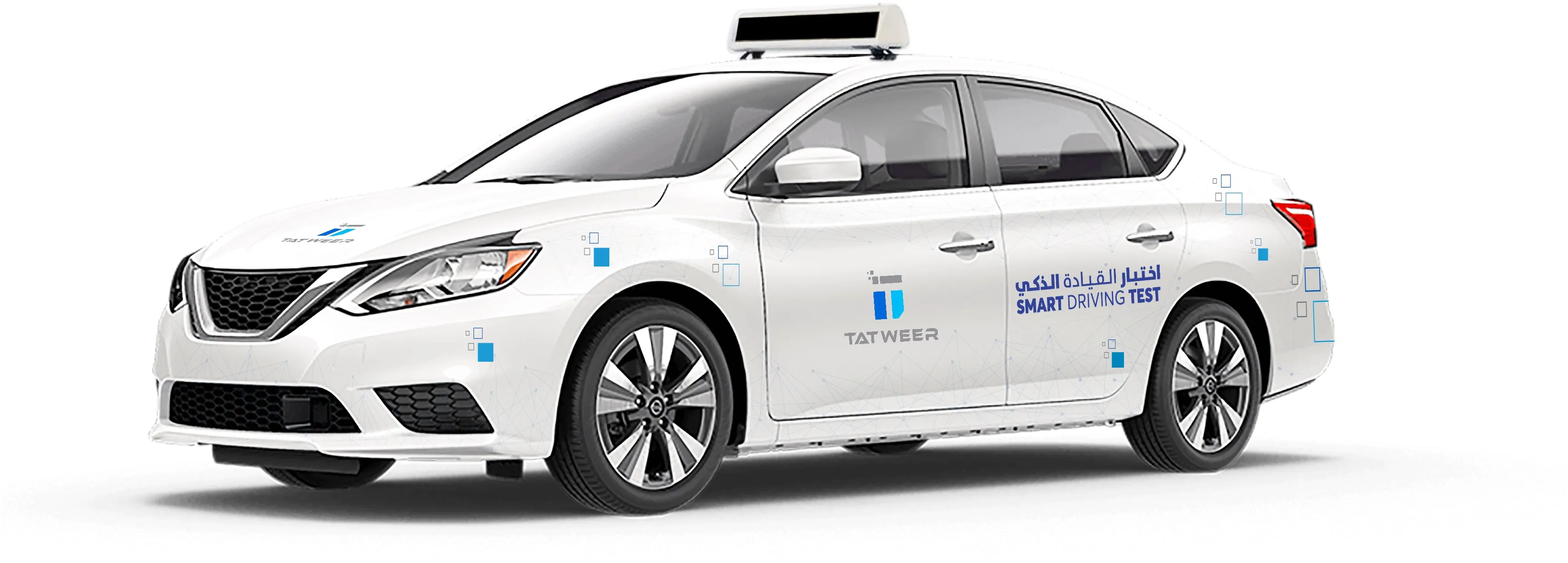Smart Parking could relieve congestion, reduce driver frustration, improve health and give a vital boost to the future of our cities, says Dr Therese Cory, the principal author of a new report from Beecham Research.
Cities are centres for business, government and culture, attracting high volumes of workers and visitors. But today, the use of modern communications and information technology is enabling City authorities to explore new ways to make their cities work better. The Beecham report examines a nu
March 28, 2014
Read time: 3 mins
Smart Parking could relieve congestion, reduce driver frustration, improve health and give a vital boost to the future of our cities, says Dr Therese Cory, the principal author of a new report from Beecham Research.
Cities are centres for business, government and culture, attracting high volumes of workers and visitors. But today, the use of modern communications and information technology is enabling City authorities to explore new ways to make their cities work better. The Beecham report examines a number of ongoing smart parking trials in major cities from Birmingham to Moscow, using road mounted sensors in busy shopping or tourist centres. Drivers use smartphone apps to access data collected from these sensors and analysed in central IT systems to produce a map of free spaces. In the near future, automotive manufacturers will make this feature available from their in-car telematics displays.
"Road systems provide the vital arteries for commercial and business activities but parking has become a major problem in all cities," says Dr Cory. "Early smart parking apps may appear to be a novelty, but they are just the start and alleviating parking congestion could deliver major benefits by helping to eliminate time wastage, cut petrol consumption and reduce harmful exhaust emissions. We can learn from these relatively circumscribed smart parking initiatives to shape future, larger scale smart city projects to drive further productivity and prosperity."
For the report, Beecham Research conducted interviews with a broad range of participants needed to deliver smart parking solutions, including sensor manufacturers, wireless network designers, mobile operators and IT system developers, integrators and analysts. But in addition, Beecham also harnessed the views and experiences of city authorities, funding bodies, concession owners, building contractors and others; not forgetting the motorists who will use and pay for their parking spaces.
The report highlights the dual challenges faced in: Fine tuning the machine to machine (M2M) value chain to work well at the lowest cost Enabling small companies with state-of-the-art technologies to engage with large traditional bodies such as City departments and public services providers, where specialised skills are often needed to enable these partners to work together. The report also looks at noteworthy results gained from trials so far and explains the stages and multidimensional factors needed to successfully deploy smart parking projects.
"For some cities, keeping traffic moving and providing hassle-free parking is the main aim; while for others, maximising revenues by matching parking fees to demand patterns and driver habits will be a key driver," says Therese Cory. "Lessons learned from smart parking initiatives should augment the understanding of how cities operate and how their citizens behave in order to move towards a truly smarter city."
Cities are centres for business, government and culture, attracting high volumes of workers and visitors. But today, the use of modern communications and information technology is enabling City authorities to explore new ways to make their cities work better. The Beecham report examines a number of ongoing smart parking trials in major cities from Birmingham to Moscow, using road mounted sensors in busy shopping or tourist centres. Drivers use smartphone apps to access data collected from these sensors and analysed in central IT systems to produce a map of free spaces. In the near future, automotive manufacturers will make this feature available from their in-car telematics displays.
"Road systems provide the vital arteries for commercial and business activities but parking has become a major problem in all cities," says Dr Cory. "Early smart parking apps may appear to be a novelty, but they are just the start and alleviating parking congestion could deliver major benefits by helping to eliminate time wastage, cut petrol consumption and reduce harmful exhaust emissions. We can learn from these relatively circumscribed smart parking initiatives to shape future, larger scale smart city projects to drive further productivity and prosperity."
For the report, Beecham Research conducted interviews with a broad range of participants needed to deliver smart parking solutions, including sensor manufacturers, wireless network designers, mobile operators and IT system developers, integrators and analysts. But in addition, Beecham also harnessed the views and experiences of city authorities, funding bodies, concession owners, building contractors and others; not forgetting the motorists who will use and pay for their parking spaces.
The report highlights the dual challenges faced in: Fine tuning the machine to machine (M2M) value chain to work well at the lowest cost Enabling small companies with state-of-the-art technologies to engage with large traditional bodies such as City departments and public services providers, where specialised skills are often needed to enable these partners to work together. The report also looks at noteworthy results gained from trials so far and explains the stages and multidimensional factors needed to successfully deploy smart parking projects.
"For some cities, keeping traffic moving and providing hassle-free parking is the main aim; while for others, maximising revenues by matching parking fees to demand patterns and driver habits will be a key driver," says Therese Cory. "Lessons learned from smart parking initiatives should augment the understanding of how cities operate and how their citizens behave in order to move towards a truly smarter city."








